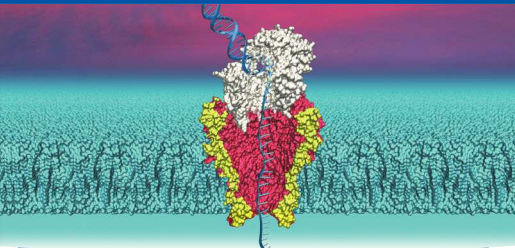Why You Should Avoid Trans Fats at All Costs.

Why You Should Avoid Trans Fats at All Cost.
Just what are trans fats, and why should we need to go out of our way to avoid them, anyway?
Trans fats are a form of artificially saturated, hydrogenated, or partially hydrogenated fat typically made from vegetable oil (canola and soy oils are commonly used, though commercial lard is also usually hydrogenated).
Making them is an involved, complex, and exceedingly unnatural chemical process that takes largely polyunsaturated oil and combines nickel and hydrogen ions, along with a little bleach, coloring, and steam cleaning along the way, to change the chemical configuration into something resembling saturated fat.
The commercial value of this process lies in its ability to extend product shelf life.
By altering the natural molecular structure, an “imposter,” a “Franken-fat” is produced that in no way behaves biochemically as its natural counterpart does.
Metabolic chaos is the result of trans fat consumption, and the consequences range from neurological problems to cancer.
The following list taken from a lecture by Mary Enig, Ph.D., at the National College of Naturopathic Medicine in October 2001 includes some of the known adverse effects of trans fats in the human diet:
- Raises levels of the atherogenic lipoprotein(a) in human.
- Increases blood insulin levels in humans in response to glucose load, increasing the risk for diabetes.
- Decreases the response of red blood cells to insulin.
- Increases the risk of type 2 diabetes.
- Lowers the volume of cream in milk from lactating women, thus lowering the overall quality available to the infant.
- Increases trans-fat levels in human milk, resulting in dose-response decreased visual acuity in breastfed infants.
- Correlates to lower birth weights in human
- Decreases the levels of testosterone increases the number of abnormal sperm in men and interferes with gestation in
- Adversely interacts with the conversion of plant omega-3 fatty acids to elongated omega-3 fatty acids in human tissues.
- Escalates the adverse effects of essential fatty acid
- Inhibits the functioning of membrane-related enzymes such as the delta-6 desaturase, resulting in decreased conversion of linoleic acid to AA and decreased conversion of ALA to EPA and DHA.
- Causes alterations in the activities of the important enzyme system that metabolizes chemical carcinogens and drugs or
- Affects immune response by lowering the efficiency of B-cell response and increasing the proliferation of T cells.
- Causes alterations in the physiological properties of biological membranes, including membrane transport and membrane fluidity.
- Causes alterations in adipose cell size, cell number, lipid class, and fatty
- Increases peroxisomal activity (potentiates free-radical formation).
- A January 2001 paper in a peer-reviewed journal reported that margarine consumption is related to allergies in children, especially in boys.
- Research reported in 1997 and 1999 showed trans fatty acid intake related to asthma.
- Dutch researchers reported in March 2001 in The Lancet that trans fatty acids were again shown to be responsible for an increase in heart disease and calculated that a 2 percent energy intake of trans fatty acids is associated with an increased risk of heart disease of 25 percent (Aro 2001).








